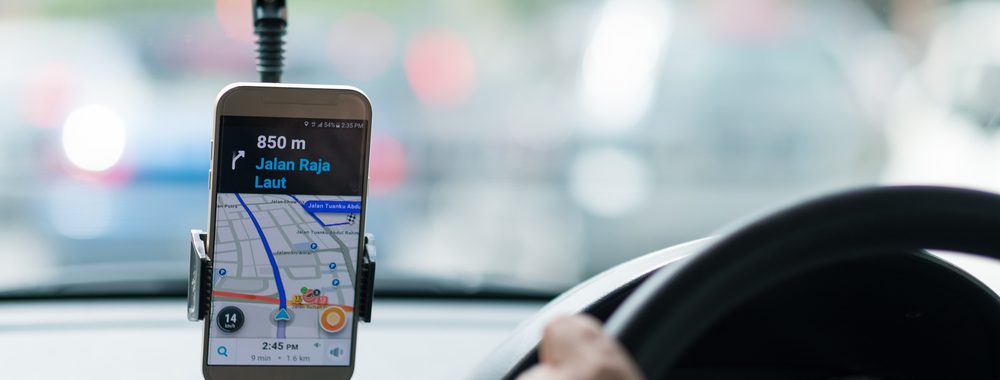Ride-hailing giant Uber must pay its workforce at least the legal minimum wage and holiday pay after a Supreme Court ruled that its drivers are “not self-employed”.
The judgment, handed down today by the UK’s highest court, will see up to 40,000 drivers reclassified as workers.
But the “historic” ruling will have much wider implications for the hundreds of thousands of workers who operate in the so-called gig economy. According to Citizens Advice, as many as 460,000 people could be “falsely classified” as self-employed in the UK.
Uber, which saw defeat in all three legal battles leading up to today’s Supreme Court verdict, argued that it was a technology firm, rather than a transport business, and its drivers were “independent self-employed contractors who could choose where and when they worked”.
But workers union GMB, who brought the case on behalf of drivers, described the practices as exploitative, stating that thousands of workers have been caught in the “bogus self-employment trap”.
Commenting on today’s victory, GMB union said the ruling paves the way for Uber drivers and other gig economy workers to claim compensation “running into the thousands of pounds”.
James Farrar, the co-lead claimant and general secretary of the App Drivers and Couriers union, added: “This ruling will fundamentally re-order the gig economy and bring an end to rife exploitation of workers by means of algorithmic and contract trickery. Uber drivers are cruelly sold a false dream of endless flexibility and entrepreneurial freedom.
“The reality has been illegally low pay, dangerously long hours and intense digital surveillance. I am delighted that workers at last have some remedy because of this ruling, but the government must urgently strengthen the law so that gig workers may also have access to sick pay and protection from unfair dismissal.”
For help and advice with related matters, please get in touch with our expert payroll and HR team today.







